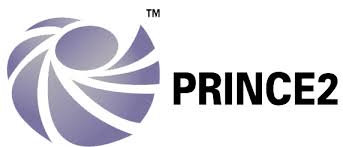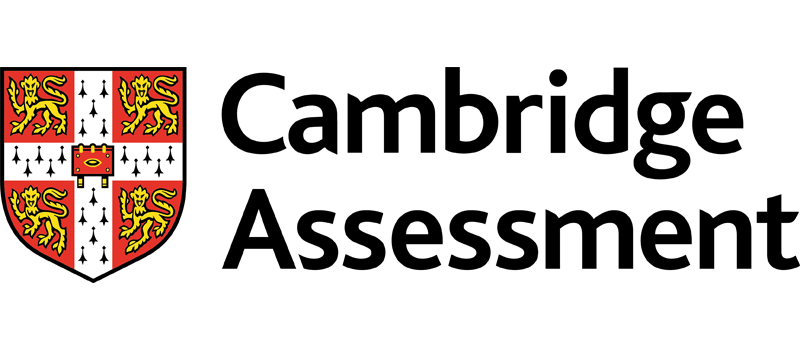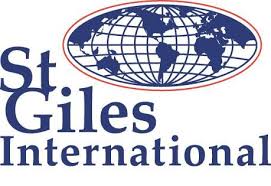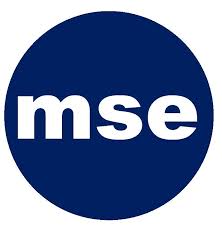Day 1:
Fundamentals of Maintenance Planning
Overview of maintenance planning principles and their impact on organizational success.
Identifying critical assets and conducting condition assessments.
Understanding the role of preventive, predictive, and corrective maintenance.
Developing a maintenance strategy aligned with business objectives.
Day 2:
Scheduling Techniques and Resource Management
Key elements of effective maintenance scheduling: timelines, priorities, and constraints.
Allocating resources efficiently—personnel, tools, and spare parts.
Balancing planned and unplanned maintenance activities.
Tools and software for creating and managing maintenance schedules.
Day 3:
Risk Management and Compliance
Identifying potential risks in maintenance operations and their mitigation strategies.
Ensuring compliance with industry standards and regulatory requirements.
Incorporating safety protocols into maintenance plans and schedules.
Case studies on risk management failures and lessons learned.
Day 4:
Implementation and Follow-Up Mechanisms
Executing maintenance plans: transitioning from theory to practice.
Establishing key performance indicators (KPIs) to measure maintenance effectiveness.
Conducting post-maintenance reviews and root cause analyses.
Continuous improvement through feedback loops and data analysis.
Day 5:
Advanced Topics and Practical Applications
Leveraging technology: IoT, AI, and predictive analytics in maintenance.
Building a culture of proactive maintenance within the organization.
Group exercises: designing a maintenance plan for a hypothetical scenario.
Final review and Q&A session: addressing participant queries and sharing best practices.























































